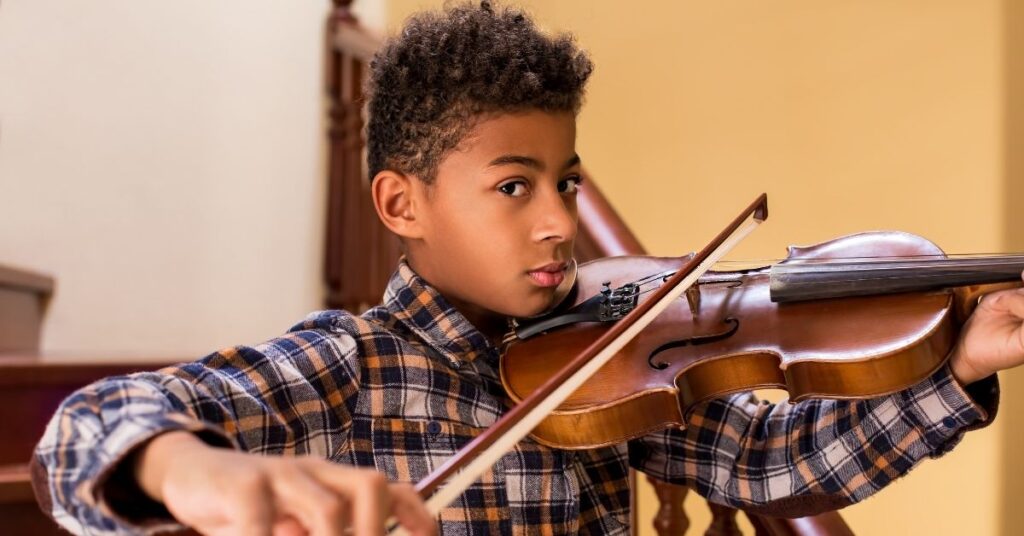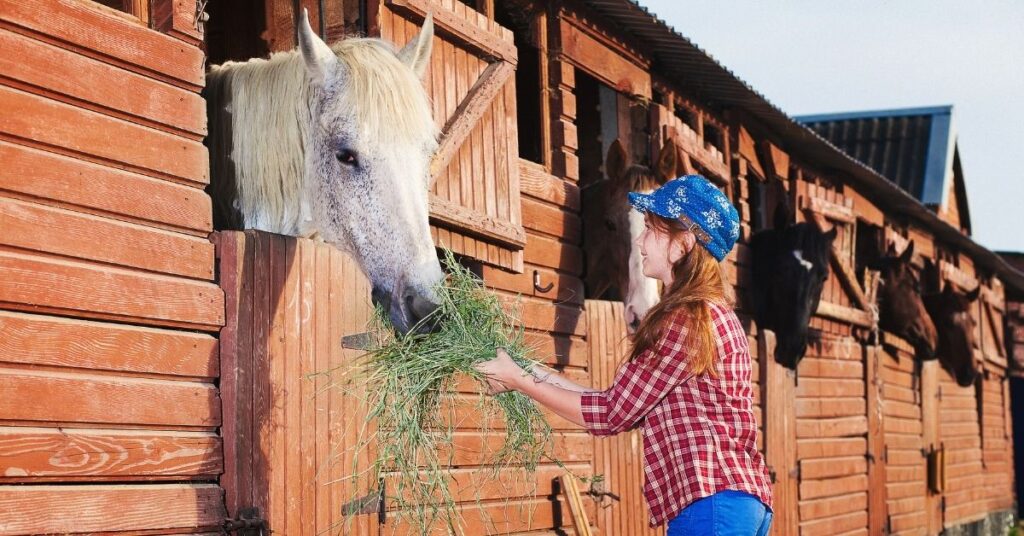One of the more common traits of autistic people is their development of a special interest. This could be almost anything from computers to trains to animals or anything that catches the focus of the individual. For your autistic child, encouraging their special interest could lead to a future career opportunity or be a way they can better manage their stress. So how can you support a special interest for your child with autism?
Why are special interests a common trait of autism?
Researchers haven’t figured out why autistic people develop such strong special interests, even bordering on obsession. Some believe it may be related to repetitive behaviors that are another trait of autism. Studies have shown that the intensity is different for an autistic person’s special interest than the interests or hobbies that neurotypical people generally have.
Our experience with special interests

Our son J’s interest in garbage trucks at age 4 is what led us to his diagnosis of Asperger’s Syndrome. I had taken him to be evaluated for ADHD (which he was diagnosed with at age 6), but I mentioned his love of garbage trucks to his psychologist and explained how everything he did was related to them. She asked me a lot of questions about it and then noted she would like to test him for autism.
J was so focused on garbage trucks the even stopped whatever was going on in his daycare class to have the entire class join him at the window when the garbage truck came to pick up the trash (which happened to be right outside his classroom). When he moved onto preschool, Friday was his favorite day of the week because he usually was able to see our trash picked up before he had to go to school. We watched documentaries, read books, played with toys and sought out all sorts of information and activities to support his love of garbage trucks back then.
As the years have gone by, we’ve seen his special interests change. I think my favorite one was tornadoes because I learned so much during that phase, and they truly are fascinating. Also, I cannot count how many times I’ve watched the movie Twister! (affiliate link) Thankfully, I really like that movie!
So what is his special interest now as a teenager? It is all music, so he is in choir, takes vocal lessons and listens to a lot of music. He is primarily a singer but is going to resume learning to play piano. (He started lessons at age 7, but he’s been on a really long break 😊)
What are the benefits of a special interest for those with autism?

Special interests offer a lot of benefits for autistic children. Some include:
- Reduces anxiety and stress
- Provides a shared interest with others that could lead to friendships and positive social interactions
- Gives parents and teachers a way to easily provide rewards for good behavior
- Enables learning and growth because parents and teachers can tie academic, social and other lessons to the special interest and motivate the child better
- Enhances social skills
- May lead to a future career if they continue with the same special interest for the long term from their teenage or young adult years
How can you support your child’s special interest?
So as a parent or caregiver, how can you support your autistic child’s special interest? Check out these suggestions.
1. Give them time to pursue their special interest
At one time, parents were told to limit their child’s special interest because experts were concerned about bullying and the interest becoming an obsession. Thankfully, the thinking on that has changed. Instead, find ways to give them time to indulge in their interest.
Obviously, if something is harmful or illegal, that is a different situation. You may need to help your child find an alternative interest. However, most are not.
One of our son’s special interests in elementary school was Mario Brothers. We couldn’t allow all the time he wanted to play the video games because that much screen time was unhealthy. Instead, we looked for some alternate ways he could still participate in his interest. For example, we bought him Mario Bros. plushes and even found some books from 1980s and 1990s for sale on Amazon. There were also small action figurines that he could play with when he wasn’t able to be on his Nintendo DS. I also bought some DVDs of the old Mario Bros. cartoon series, so he could watch those in the evening during TV time.
2. Research local activities or clubs that are related to your child’s interest
Depending on your child’s interest, you may be able to find activities or even clubs or groups that your child can participate in to meet other children who share the same interest. Is there a museum or other venue that offers exhibits or displays related to your child’s interest? When our son J went through a dinosaur special interest phase, we spent a lot outings going to our local Children’s Museum, which had a “Dinosphere” exhibit. With his focus on music now, he sings in his school choir, works with a vocal coach to prepare for singing competitions and even went to his first concert this past summer.
3. Visit your local library
Your local library most likely offers a variety of information about your child’s interest. In fact, when J was into garbage trucks, he not only checked out all of the books and DVDs related to the topic (amazingly there were a lot!), but the children’s librarian kept an eye out for new books and DVDs to order. It seems he wasn’t the only kid in our town who loved garbage trucks 😊 Libraries offer so much for free. Check to see if your library has a Maker’s Studio that may offer equipment or activities related to their interest.
4. Show your interest in what they are doing
A lot of times, autistic children want to share what they are learning or doing with their special interests. Set aside some time each day to connect with your child. (Sometimes, I realize it may need to go the other way – they may talk so much about it that you could set a specific time of day to talk about it so that it’s not overwhelming to you.)
5. Incorporate their special interest into family activities
Find ways to include your child’s special interest in your family activities to show that the whole family supports your child.
6. Encourage your child to think broadly about their special interest

One of the benefits of special interests is that they can expand your child’s learning. For example, if your child is fascinated with horses, you can encourage them to learn about all aspects of horses: how to train them, their health care, veterinarian careers, how to care for them and more. Look for opportunities to find books, videos and experiences (especially volunteer opportunities) to support that learning.
7. Explore future career options related to your child’s special interest
If your child is a pre-teen or teenager, help them explore future career opportunities related to their special interest. Find out what secondary education may be needed and even talk to a few people who are in those careers to find out more.
What have you done to encourage your child with autism’s special interest(s)? Leave a comment so that we can share and encourage each other along this journey!
References:
Caldwell-Harris, C. and Jordan, C. Systemizing and special interests: Characterizing the continuum from neurotypical to autism spectrum disorder. Learning and Individual Differences. 2014. 29: 98-104. Accessed at https://www.sciencedirect.com/science/article/abs/pii/S1041608013001519
Nowell, K.P., Bernardin, C.J., Brown, C. et al. Characterization of Special Interests in Autism Spectrum Disorder: A Brief Review and Pilot Study Using the Special Interests Survey. Journal of Autism and Development Disorders. 51,2711–2724 (2021). https://doi.org/10.1007/s10803-020-04743-6.







